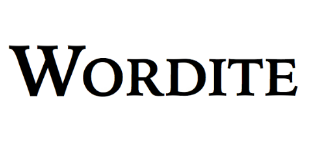foe - What does it mean?
'foe' hits on the web
You may have been searching for a specific social media @foe profile or the tag #foe
Definition of 'foe'English
Etymology 1
(etyl) fo 'foe; hostile', from earlier ifo 'foe', from (etyl) 'to hate, be hostile' (compare Middle Irish oech 'enemy, fiend', Latin piget 'he is annoying', Lithuanian piktas ‘evil’, Albanian pis ‘dirty, scoundrel’).
Adjective
( en-adj)
(obsolete) Hostile.
*, vol.1, ch.23:
- he, I say, could passe into Affrike onely with two simple ships or small barkes, to commit himselfe in a strange and foe countrie, to engage his person, under the power of a barbarous King.
Noun
( en-noun)
An enemy.
* {{quote-magazine|date=2013-06-29|volume=407|issue=8842|page=55|magazine=(The Economist)
|title= Travels and travails
|passage=Even without hovering drones, a lurking assassin, a thumping score and a denouement, the real-life story of Edward Snowden, a rogue spy on the run, could be straight out of the cinema. But, as with Hollywood, the subplots and exotic locations may distract from the real message: America’s discomfort and its foe s’ glee.}}
Synonyms
* (enemy) adversary, enemy, opponent
Antonyms
* (enemy) ally, friend
Etymology 2
An acronym of "fifty-one ergs", coined by Gerald Brown of Stony Brook University in his work with Hans Bethe.
Noun
( en-noun)
A unit of energy equal to 1044 joules.
Anagrams
*
|
